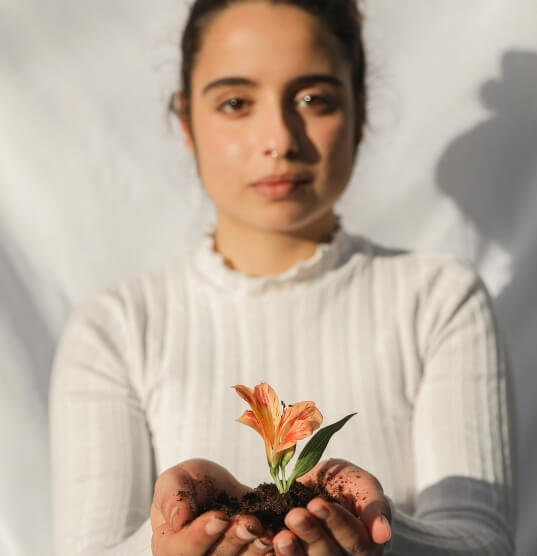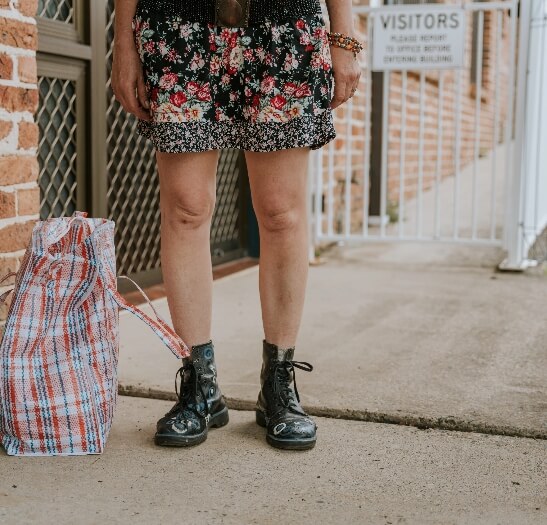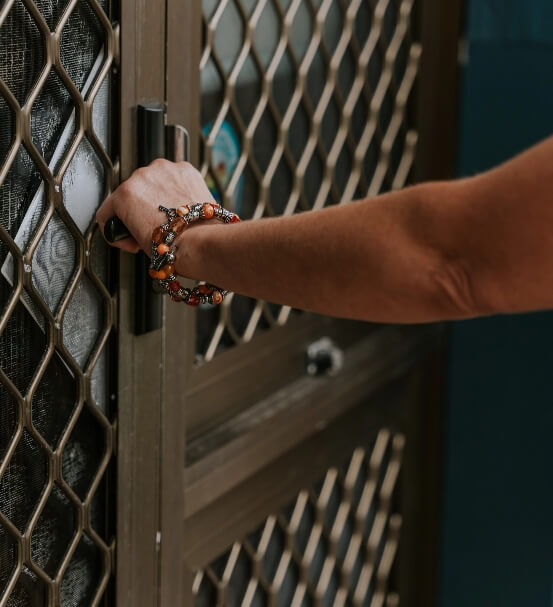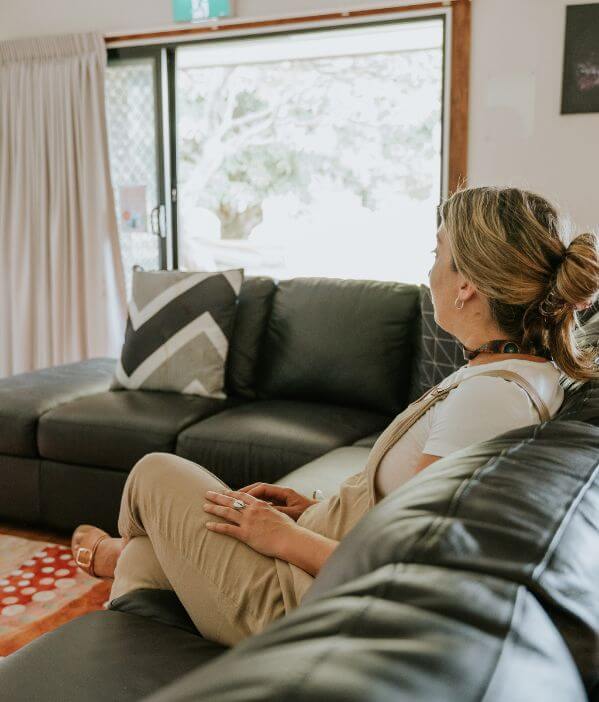Are you concerned about someone in your life or at work?

Are you worried?
Are you worried about a family member or friend who is in an unsafe relationship?
We know it can be a worrying time for you. People can sometimes feel concerned, confused and helpless. You have landed here on our webpage as you are doing everything you can to keep your friend or loved one safe.
Please know that just being there and believing them is the most powerful and important thing you can do.
Why doesn’t
she just leave?
Sometimes people will ask “why doesn’t she just leave?”.Although this can feel confusing or hard to understand. please know that women are the best judge of their safety. Leaving is statically the most dangerous time for women and children. This is why safety planning and following their lead is so important.
Another thing to ask yourself is why is the perpetrator using violence? This places the blame for violence squarely where it belongs. If you are concerned about someone using violence in their relationships, there are programs that can also provide an intervention to assist them to stop.

Advice for Family and Friends
It can be very worrying when someone you know and care about is being hurt or abused by a partner or family member. For many women, friends and family are often the first people they talk to about domestic and family violence.

It takes a lot of time, planning, help and courage to escape domestic and family violence. It is important for women to know that help is available from people who know and care about their situation.
As a support person, it is vital that that you express your concern and help them to understand that the violence is not their fault and is never ok. You can do this by:
- listening to her without judgment
- allowing her to make her own decisions
- guiding her to a specialised domestic violence support service
- helping her to make a safety plan
- help her to find a safe place
As a family member or friend of someone subjected to violence or abuse, your support and reassurance is very important. Discussing domestic and family violence can be difficult and while supporting someone may not result in immediate change, it may help them consider options and ensure their safety in the longer term.
Further information on supporting a friend or family member living with domestic and family violence is available from:
Advice for Employers and Colleagues
Domestic and family violence goes well beyond being a private or personal issue and can negatively impact victims in their workplace, resulting in decreased performance and absenteeism and affecting the safety of the victim and their colleagues.
Victims need to be supported at their place of work. Being in an informed workplace where a victim feels safe to disclose their situation is important. Safety planning for the workplace can protect the person experiencing domestic violence and enable them to maintain their productivity.
Here are some ways employers and workplaces can help

- Listen to and believe your employees
- Develop a work place DFV policy that includes paid leave
- Connect your employee to your EAP service
- Help your employee by making changes to their work schedule, allowing them time off to attend appointments, courts or counselling
- Create a safety plan for your employee. This could include
- having a manager ask the perptrator to leave the premises if they attend
- calling the police if the perptrator is at or contacting your workplace if this is in breach of an AVO,
- showing the employee where the CCTV or security cameras are
- giving your employee a safe car space
- moving them to a different part of the office so they are not visable to the public
- facilitating a transfer to another workplace if possible
- If your employee is working from home where you know DFV is present, please ensure that you are aware of your WHS responsibilities- check with your HR department, ICARE or Fairwork Australia.
More information on how to support and employee or colleague is available from https://www.fairwork.gov.au/sites/default/files/migration/1414/employer-guide-to-family-and-domestic-violence.pdf
https://dfvworkaware.org/when-dfv-comes-to-work/

Being prepared
to help
The safety of women and children depends on people being prepared to be good bystanders.
This means that there will be people who will reach out to others when it is safe to do so, will have a trusting ear and provide a safe space for them no matter what.
Keeping yourself safe is also important. Never place yourself in danger, and reach out if you need to speak with someone about the situation as it can be traumatic and distressing.
Next steps?
It takes a whole community to keep women and children safe. If you are worried it’s important that you take action.
You may need to reach out for more support.
If someone is in immediate danger, please call 000.
You can call crime stoppers to report non-urgent police assistance.
If a child is in danger or at risk, please contact Department of Communities and Justice 13 21 11.
1800 Respect can also provide advice and support on ways you can help.
Reach out to Warrina for advice on how to support your friend or loved one to keep safe.
